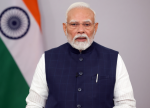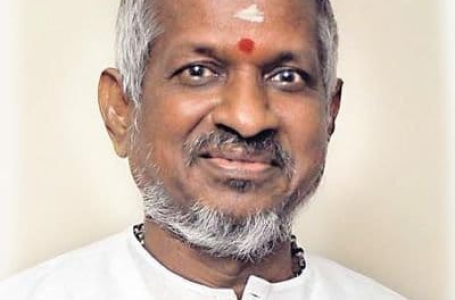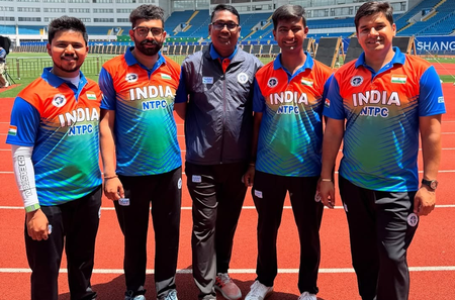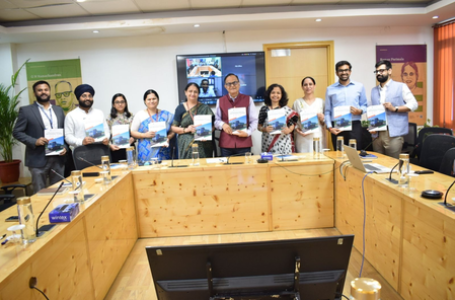
New Delhi: Last week, I came across a news from a village in Hapur district of Uttar Pradesh about a young unmarried pregnant woman being allegedly set on fire by her mother and brother in an apparent case of honour killing.
I am not mentioning this incident because such ones are rare but because these murders are happening every now and then in the name of family honour, cutting across communities, castes, religion, and ethnic groups in India, Pakistan, and other Asian cultures, causing a lot of worry in every conscientious person about the state of society, and highlighting the need to change the social mindset and to strictly enforce the laws.
Why should a father, a mother, a brother, an uncle who has brought up a person with so much love, care and sacrifices, brutally end his or her life readily only because that person wants to have a life partner of choice, a right guaranteed under every religion and every constitution? The reason given is the false sense of honour in the males of a patriarchal society . In such a set up, women have to carry the burden of maintaining honour or “izzat” of her family or society, and any slight deviation from the norms determined by men, is enough to create a feeling that the honour has been compromised. But it is not only women, but young men are also subjected to harassment and violence if they try to violate these norms, like by marrying out of caste and religion, or just by marrying out of their choice, even though the partner may belong to their own caste and religion.
But why do we feel so insecure if two people love each other and decide to have life partner of their choice. The need to control the bodies of our children might be traced back to the psyche of old tribal societies when marriages were more for pragmatic purposes, for adding numbers to the family and tribe and for producing identifiable heir to the agrarian property, as the hunter-gatherer settled for agriculture, so say the anthropologists. It is now for the social psychologists to delve deeper into why we in the 21st century have not been able to cast off the old psyche. What we urgently need is to come out with stricter laws and a sustained campaign to change the social mind-set as without it nothing will change on the ground. We see incidents of rape happening almost every day in some parts of the country or the other, despite a special law being in place.
Women of the family are most often a colluder in such crime, as their mind-set is closed by the morality of the patriarchal society. However in some cases, they may not agree with the extreme steps being taken by the males of the family, but have to fall in line to save the family from disruption and save other unmarried females of the family from disrepute that may hinder in their marriage.
Just a few weeks ago, media reports said the Haryana police have booked a wife-husband duo on charge of killing their daughter after they discovered her love affair with a Hisar based youth.
Recently, 20-year-old Keerthi, who was strangled by her father Krishnamurthy, a plumber from the Golla community in Kolar district after she fell in love with 23-year-old Gangadhar from the Madiga community. After hearing the news, Gangadhar died by suicide the next day. .
The reaction given by a woman of the community was chilling. She said she was sorry for Keerthi but what the father had done was right.
The killing of YouTuber Tiba al-Ali by her father in Iraq recently sparked protests across the country against laws under which father was sentenced to only six months in prison.
A city court in Delhi has this week convicted four men accused in three murders over a decade ago in what turned out to be honour killings. Two of the accused are brothers who killed their sisters because they married out of caste. In one case, a sister’s husband was also murdered.
Last November, Shabbar Abbas was arrested in his Punjab village in Pakistan and extradited to Italy on suspicion of killing his daughter who had gone missing in April 2021 after refusing to travel to Pakistan for an arranged marriage.
The honour killing of Indo-Canadian woman Jassi Sidhu, who married a village boy against her family’s wishes, is again in the limelight as a film on her life directed by Hollywood director Tarsem Singh, recently won the Best Film Platform Award at the Toronto International Film Festival.
Honour crimes violate Articles 14, 15, 19,21 and 39 of the Indian Constitution, but these are are currently tried largely under various sections of the Indian Penal Code.
It would be easy to track such crimes if they were not dispersed under separate penal laws. Stricter rules should be formulated in keeping with the Supreme Court guidelines in the Shakti Vahini case.
Hearing a PIL filed by the NGO Shakti Vahini in 2010 seeking directions to the central and state governments to prevent and control honour crimes, a 3-judge bench of Dipak Misra, CJ and AM Khanwilkar and Dr. DY Chandrachud had said that “if an adult girl or boy get into marriage, no khap, no individual or no society can question them.”
The court had expressed concern that the Government had failed to put in a place a mechanism to monitor the honour killings ordered by Khap Panchayats .
The apex court had given the following guidelines to prevent honour killing.
There should be immediate FIR against Khap Panchayat if they issue any diktat against any couple. Such cases should be tried by fast-track courts. The court also called for provision of safe houses for couples with adequate security, and these houses should be under supervision of DM or SP. These safe houses will shelter both married and unmarried young couples who have earned the wrath of khap Panchayats for their relationship.
But for all said and done, more than the laws, there should be a sustained social campaign to change the mind-set of the society, as most often the police, constrained by the morality of the society, is reluctant to act, treating such crimes as the family’s personal matter.
—INDIA NEWS STREAM



















